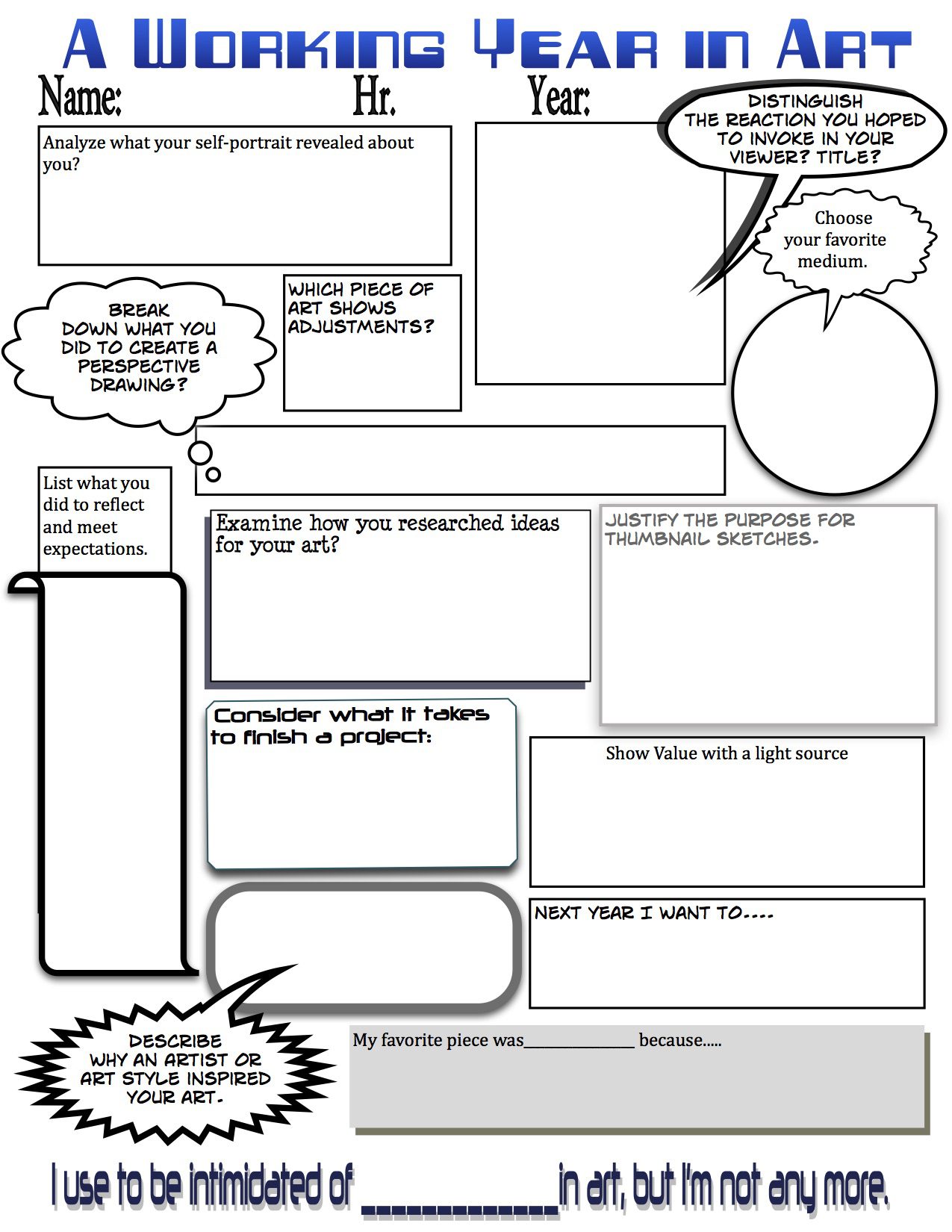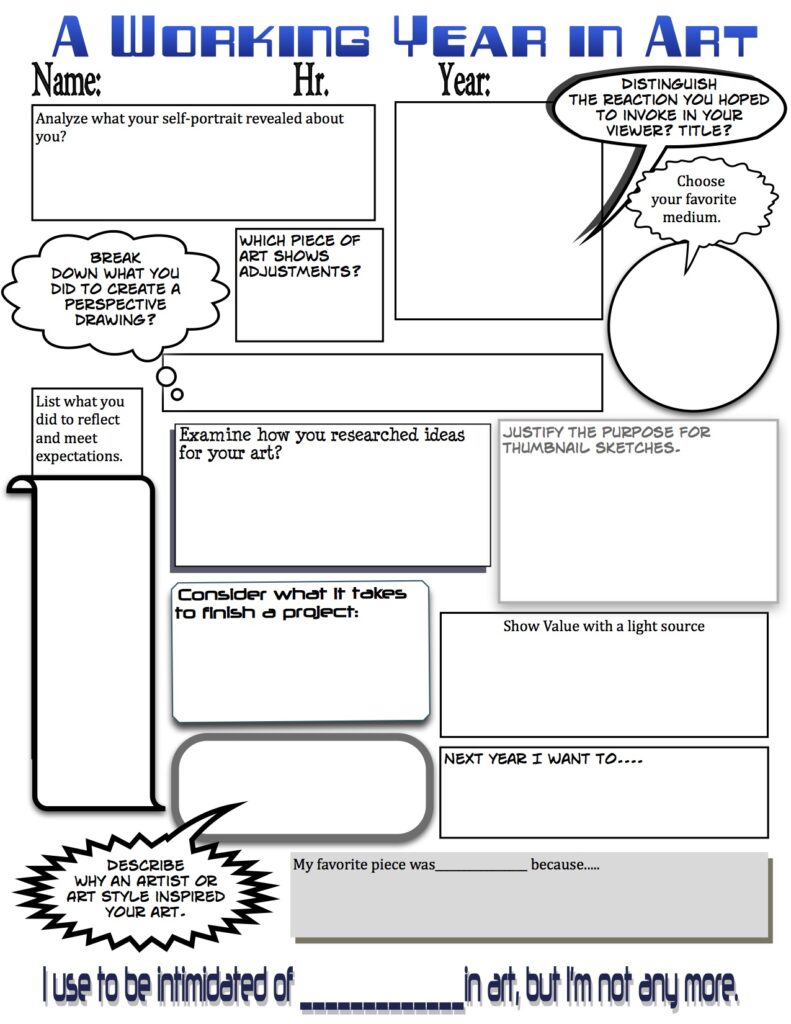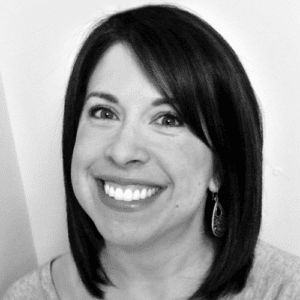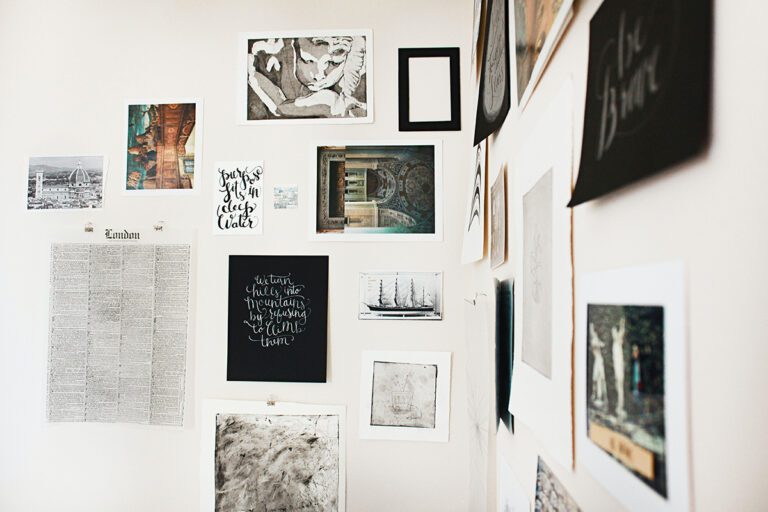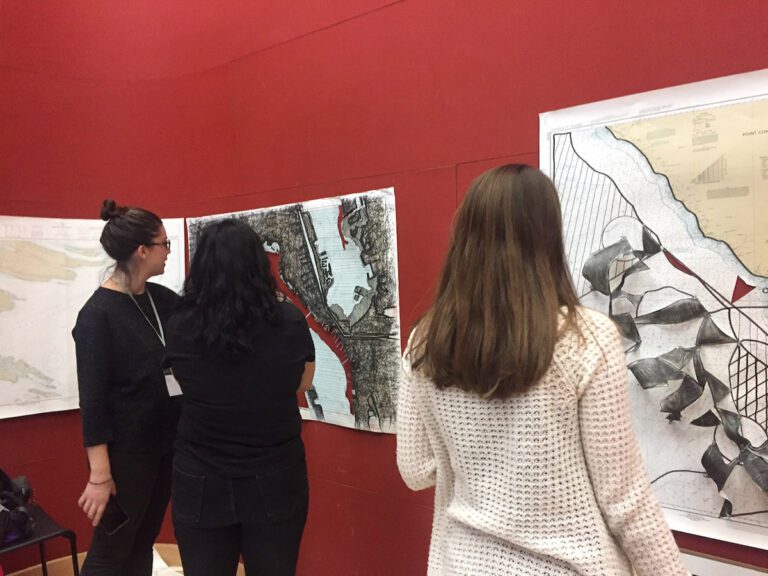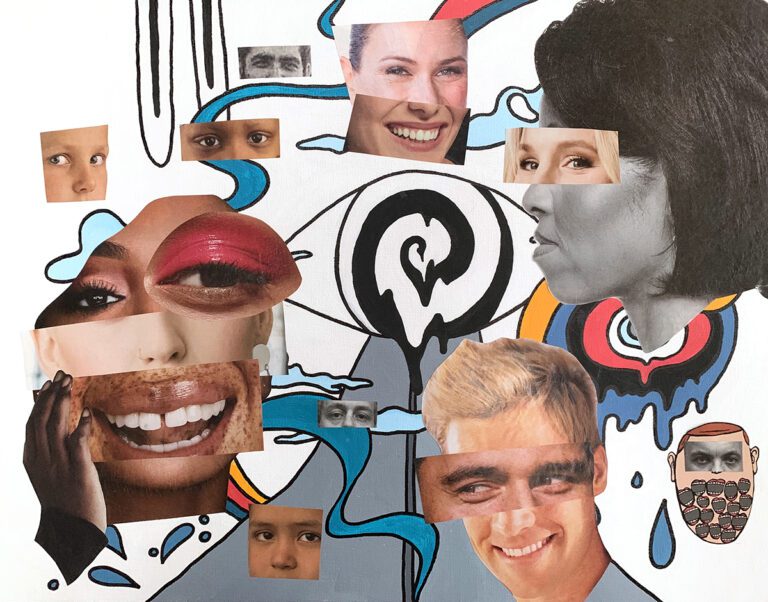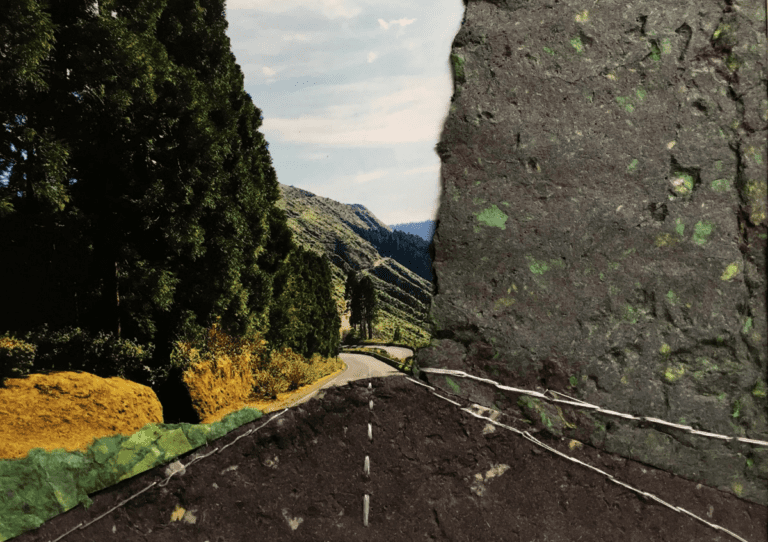Around this time every summer, I start to wonder if I wrapped up my art classes in a thorough and meaningful way. The rush of the last few days of class always seems to buzz by and that feeling of I should have done just one more thing starts to creep in.
Did my students leave my class with the knowledge and skill set I wanted them to develop? How do I know?
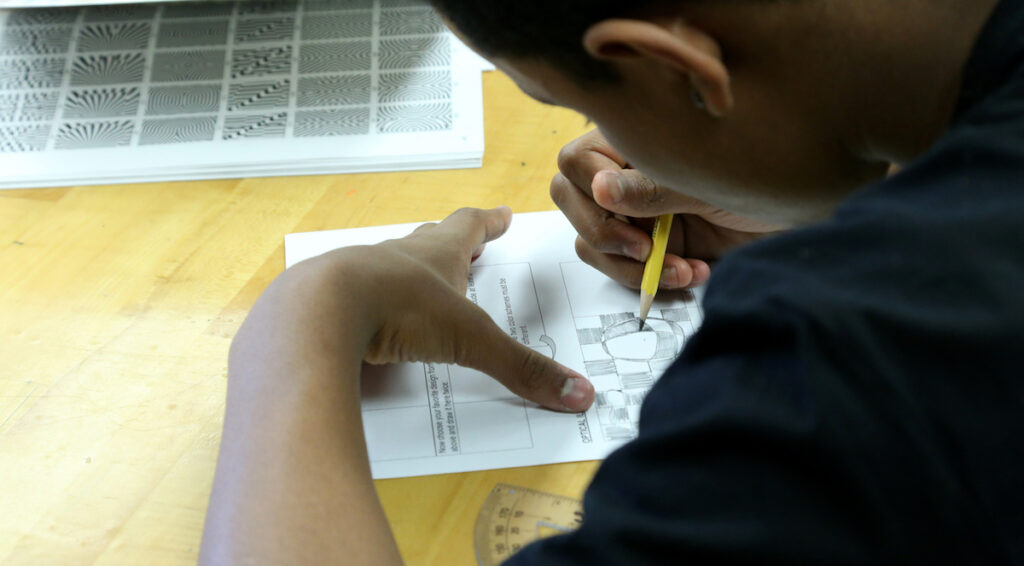
Of course final projects, written reflections, and surveys provide answers and evidence, but it can also be beneficial to have a snapshot of the semester (or entire year) to thoroughly monitor and assess your learning goals. One way to do this is to use a portfolio checklist or a comprehensive “exit slip.”
High school art teacher, Jamie Roeber, created her own custom document which she titled, “A Year Working in Art.” This two-page document allows students (and their parents!) to reflect on a year of art making by highlighting their accomplishments in both product and process form. Jamie created this interactive course overview in AOE’s Assessment in Art Education course as a way to encourage students to reflect on their growth and allow parents the opportunity to review their student’s work along with them. Jamie has generously offered to provide the download, so you can grab a copy of your own for inspiration!
Download NowNot only does a resource like Jamie’s help students identify their accomplishments over the span of the course, it also encourages students to see more than just the final product. By asking students to reflect on big-picture, process-based questions, students may recognize their growth in areas unknown to them previously.
Kudos to Jamie for sharing this amazing idea with us! If you’re interested in even more innovative assessment ideas, be sure to sign up for Assessment in Art Education where class participants regularly share their ideas and examples.
How do you encourage students to reflect overall on their quarter, semester, or year of art making?
How do you get parents involved in reviewing their student’s work?
Magazine articles and podcasts are opinions of professional education contributors and do not necessarily represent the position of the Art of Education University (AOEU) or its academic offerings. Contributors use terms in the way they are most often talked about in the scope of their educational experiences.
